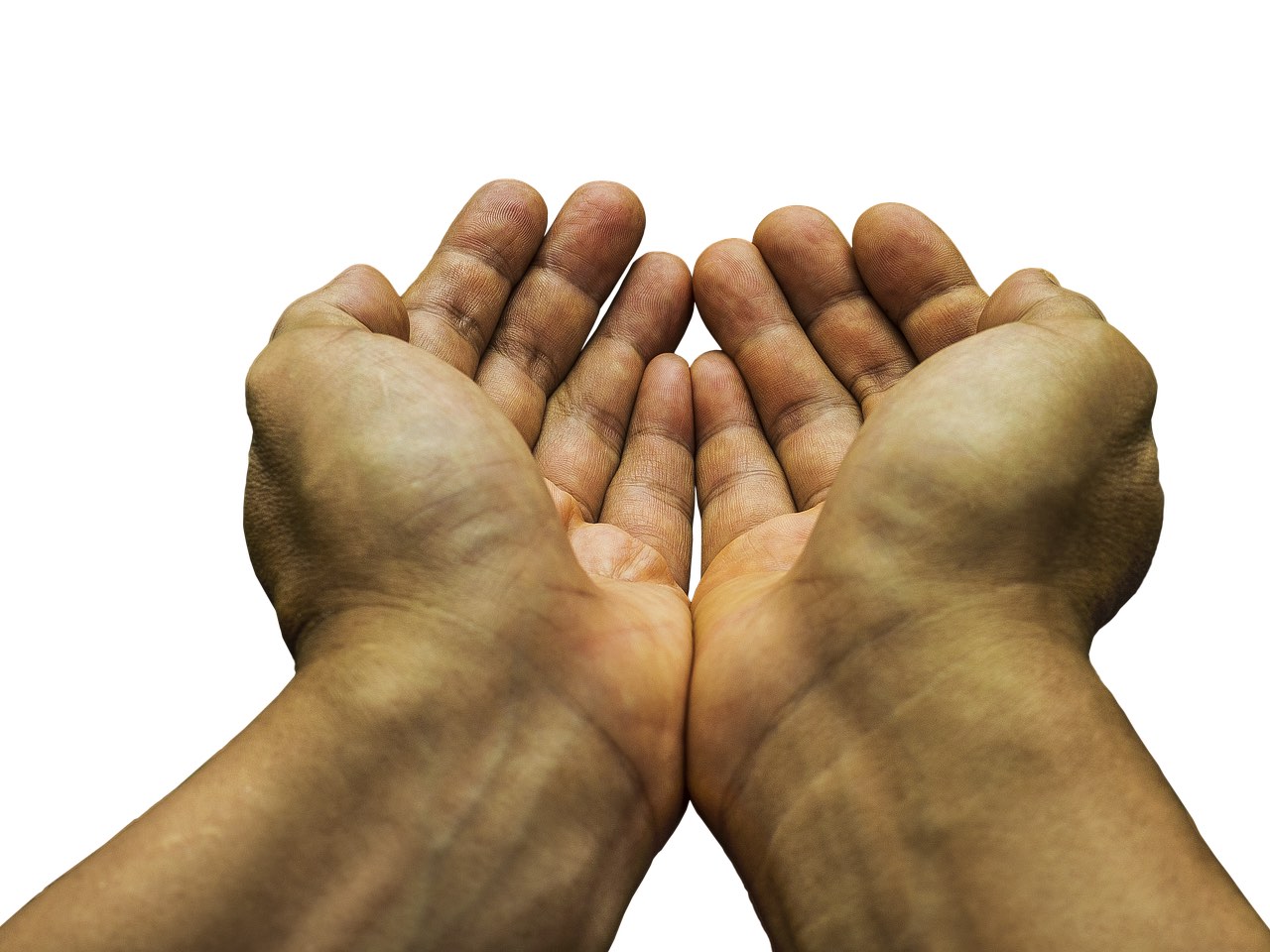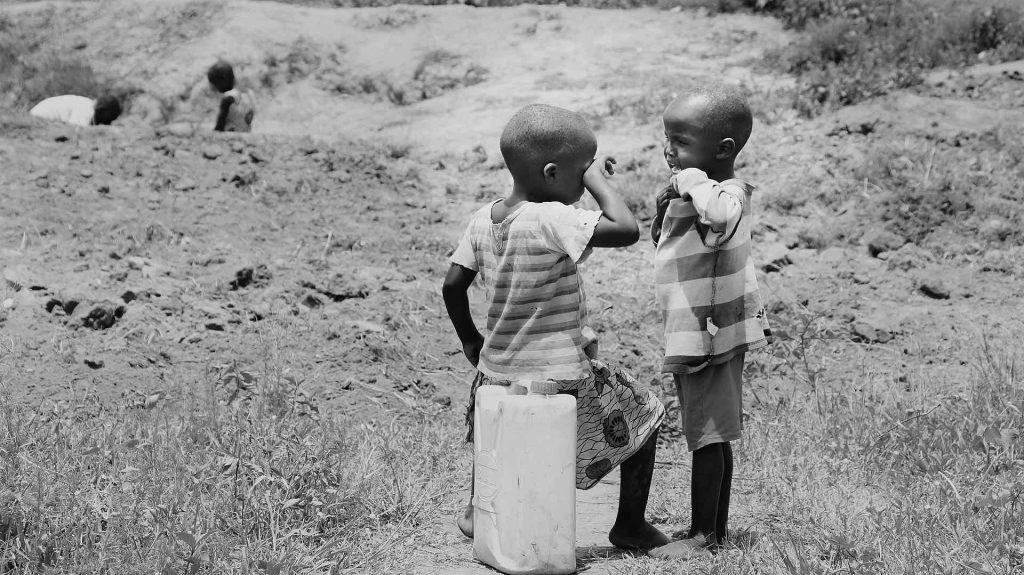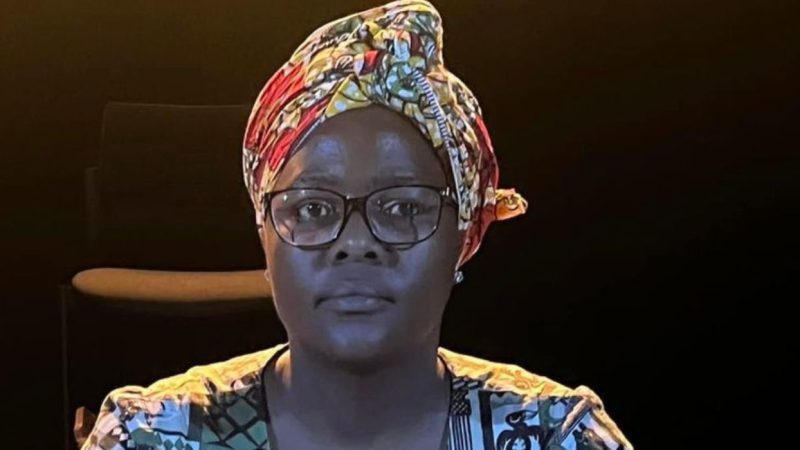Africa keeps asking for more aid

African countries have long relied on foreign aid to support their development. Being on a bedrock of undiscovered wealth and untapped vast natural resources, the African continent is the most resource-abundant continent and yet the poorest continent in the world.
The continent is home to the rarest minerals like diamonds and yet most of its citizenry live in abject poverty. Africa is home to some of the world’s brightest minds, staunch and radical innovators. It then overwhelms the mind how such a rich resource continent still delays in various indicators of economic growth and development. The continent is still failing to adequately tap and harness its vast natural resources to finance growth towards greater prosperity for its people.
The United Nations Environment Programme stated that: “Africa is home to some 30 percent of the world’s mineral reserves, eight per cent of the world’s natural Gas and 12 per cent of the world’s oil reserves. The continent has 40 percent of the world’s gold and up to 90 percent of its chromium and platinum. The largest reserves of cobalt, diamonds, platinum, and uranium in the world are in Africa. It holds 65 per cent of the world’s arable land and ten percent of the planet’s internal renewable fresh water source.”
In many of the various world forums, Africa still tops the list of agenda items. The continent supposedly “drools and wags its tail at the Western world” as its representatives continues to preach the same phenomenon year in and year out that Africa needs more aid.
COVID- 19 pandemic, the Russia-Ukraine war, rising food insecurity, amongst other challenges affected every continent and some might wonder why Africa hence many researchers and scholarly articles have alluded the following as some of the reasons why Africa remains poor despite having natural wealth which include:
Firstly, modern era colonialism whereby excessive dependence on the western world often leads to unequal and exploitative international relationship between developed and developing countries, causing dominance by developed nations. To add on, post-independence results in most Africans still grappling with the true meaning of freedom as they continue to experience the tight control of powerful nations as most of the natural resources are drawn away by the wealthy nations.
Secondly, lack of transparency and corruption has coupled with unstable democracies and political conflicts, the wealth is concentrated at the top with no compensation or benefit for the State treasury. Most of the people are deprived of necessities like clean water, energy, medical care, and food.
Thirdly, the effects of multinational companies’ activities are not transparent regarding mining rights and in the process evade tax. A lot of funds are extracted in the form of multinational company profits and illicit financial flows.
Finally, human rights violation- exploitation with child labor at the core. Mining firms remain the biggest culprits behind severe violations and unethical practices in the quest for higher profits at the expense of the environment and human health.
Considering the above and many others, what then needs to be done? Should Africa continue to look at foreign aid as a solution? How is this foreign aid solving Africa’s problems and what are the effects therein, on economic growth in Africa? Is aid to Africa doing more harm than good?
Let’s hear your thoughts in the comments section.





